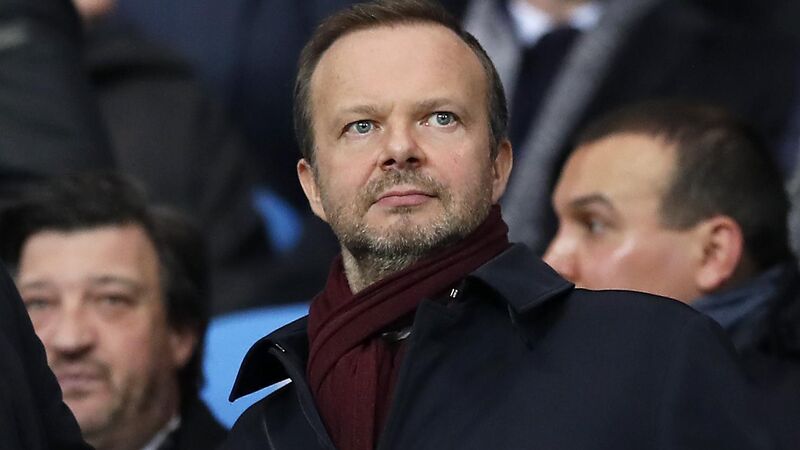Competition law 'no protection for Uefa from future European Super League breakaway'

The Super League was announced on Sunday night but UK clubs have since rowed back from the proposed league, and Ed Woodward announced he is standing down as Manchester United’s executive vice-chairman.
The threat to Uefa from a breakaway league is unlikely to go away, because EU and British competition law could not have stopped the European Super League, according to a leading Irish competition lawyer.
Plans by 12 clubs in England, Spain, and Italy to set up an international competition in opposition to the Uefa were only unveiled over the weekend but collapsed after fans, former players, and some club managers spoke out against it.











